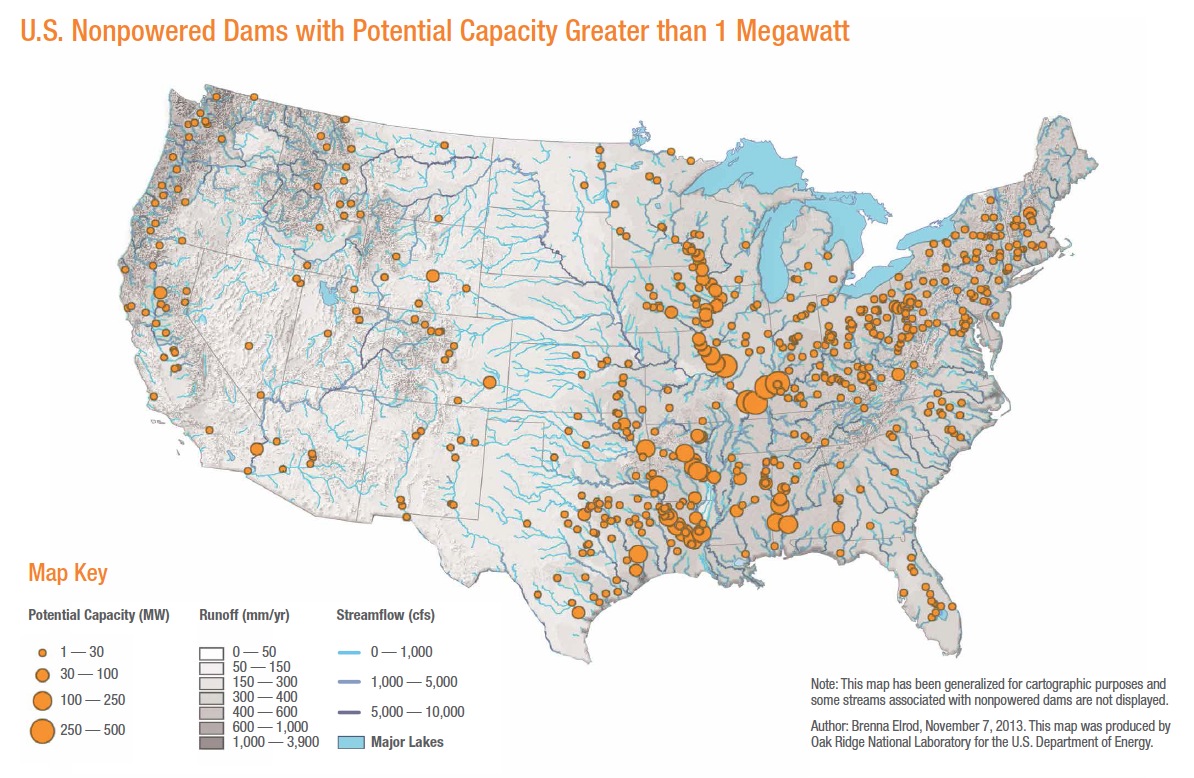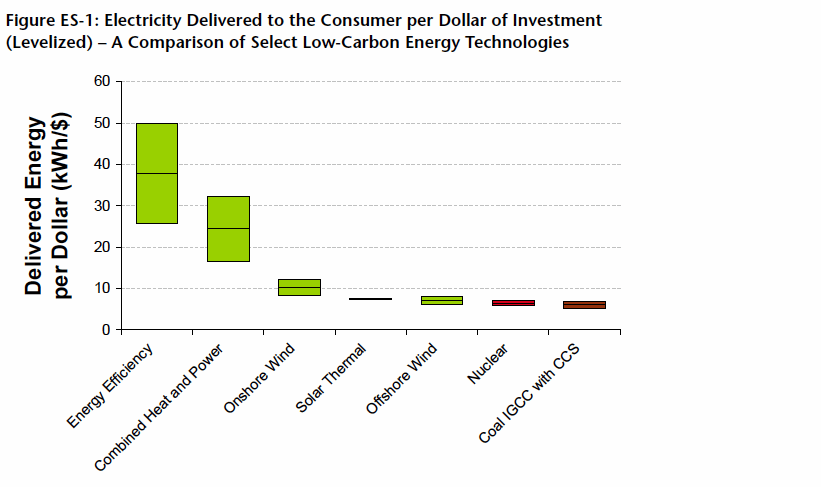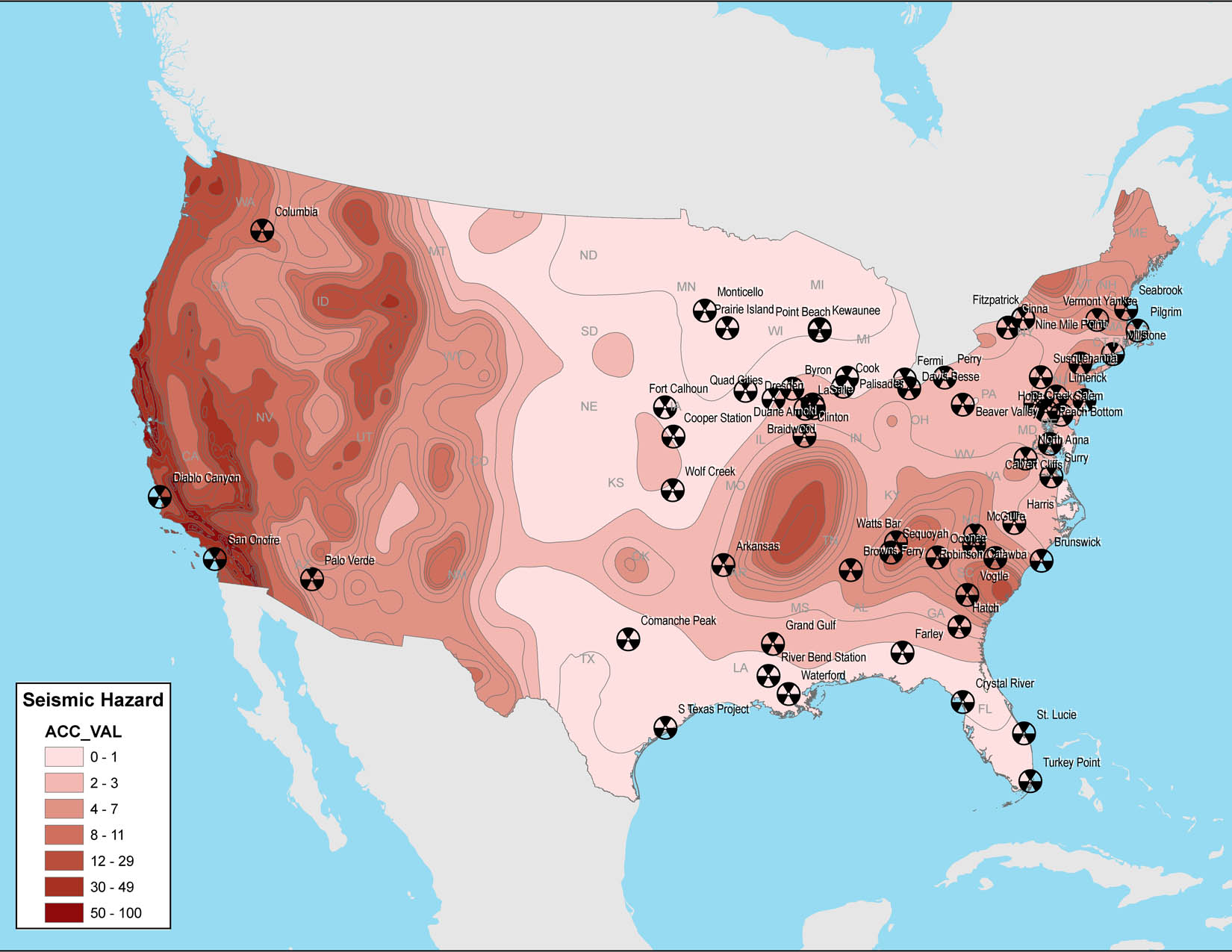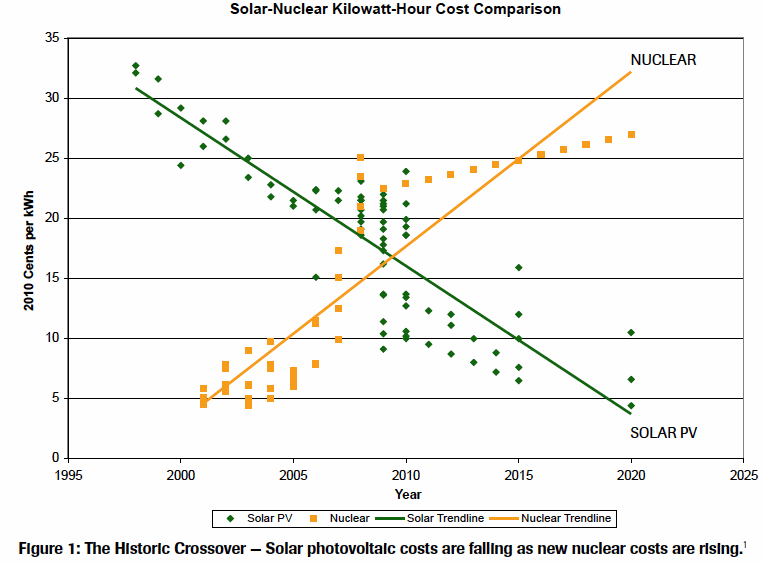
America now occupies a position of energy leadership that was unthinkable a short time ago. Gone are the days of uncertainty and concern over having the supply of energy we need, when we need it. Today, the United States is the world’s top producer of natural gas, the world’s leading refiner of petroleum products, and very soon could be the leading producer of oil…But this is only part of America’s larger energy story. The United States is in the midst of a new era in domestic energy abundance characterized by rising use of renewable energy and increased oil and natural gas production that is strengthening our economic outlook and enabling America to emerge as a global energy superpower.
View this complete post...















 RSS Feed
RSS Feed